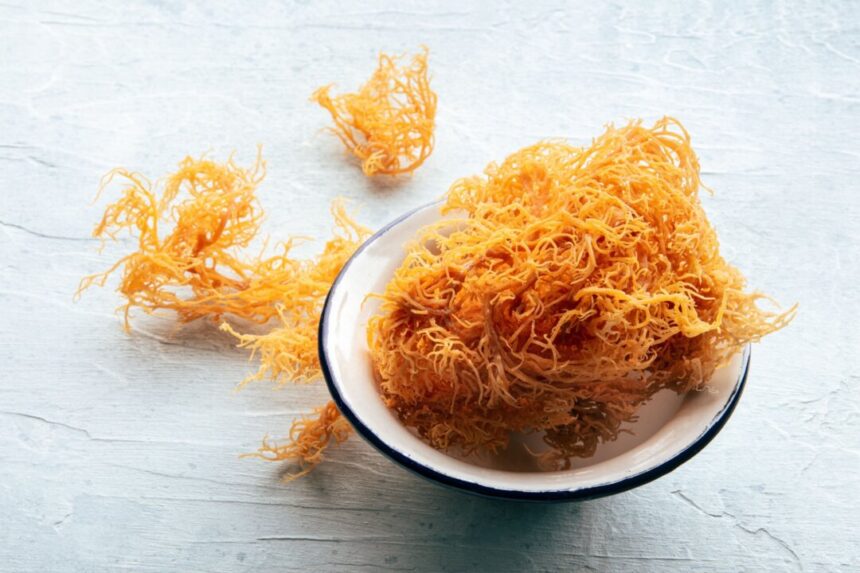Sea moss, a marine vegetable with a long history, is currently experiencing a surge in popularity. This seaweed, known for its various health benefits, has been a traditional food source for coastal communities for thousands of years. Sea moss is praised for its digestive aid, immune-boosting, brain health-improving, and weight loss support properties.
Traditionally used as a thickening agent in food products, sea moss is now available in various forms such as gummies, gels, drinks, and powders, each claiming different health benefits. But is sea moss truly worth incorporating into your diet?
Sea moss is a type of algae found along the coasts of North America, Europe, and the Caribbean, rich in essential nutrients like vitamins A, E, and K, as well as minerals such as magnesium, calcium, and iodine. It has a long history of use, dating back thousands of years, with evidence of its medicinal and nutritional value.
There are different varieties of sea moss, with Chondrus crispus (Irish sea moss), Gracilaria (Jamaican sea moss), and Eucheuma cottonii being the most commonly used species. Each variety offers unique properties and benefits, such as thickening properties, nutritional content, and gelling properties.
Research on sea moss is limited, with most studies focusing on seaweed in general rather than sea moss specifically. However, some potential health benefits of sea moss include being rich in iodine, acting as a source of prebiotics, promoting heart health, potentially acting as a virility tonic, aiding in weight loss, and helping regulate blood sugar levels.
Despite its benefits, it is essential to be cautious about consuming sea moss in excess, as it can lead to negative effects on thyroid health due to excessive iodine intake. Additionally, there are safety concerns regarding the presence of heavy metals and microbial pathogens in sea moss, as well as potential allergic reactions in some individuals.
When considering adding sea moss products to your diet, it’s crucial to research the authenticity of the product, where the sea moss is sourced from, and whether it is farmed or wild. More research is needed to fully understand the benefits and risks associated with sea moss consumption before confidently recommending it as a dietary supplement.
Source link





